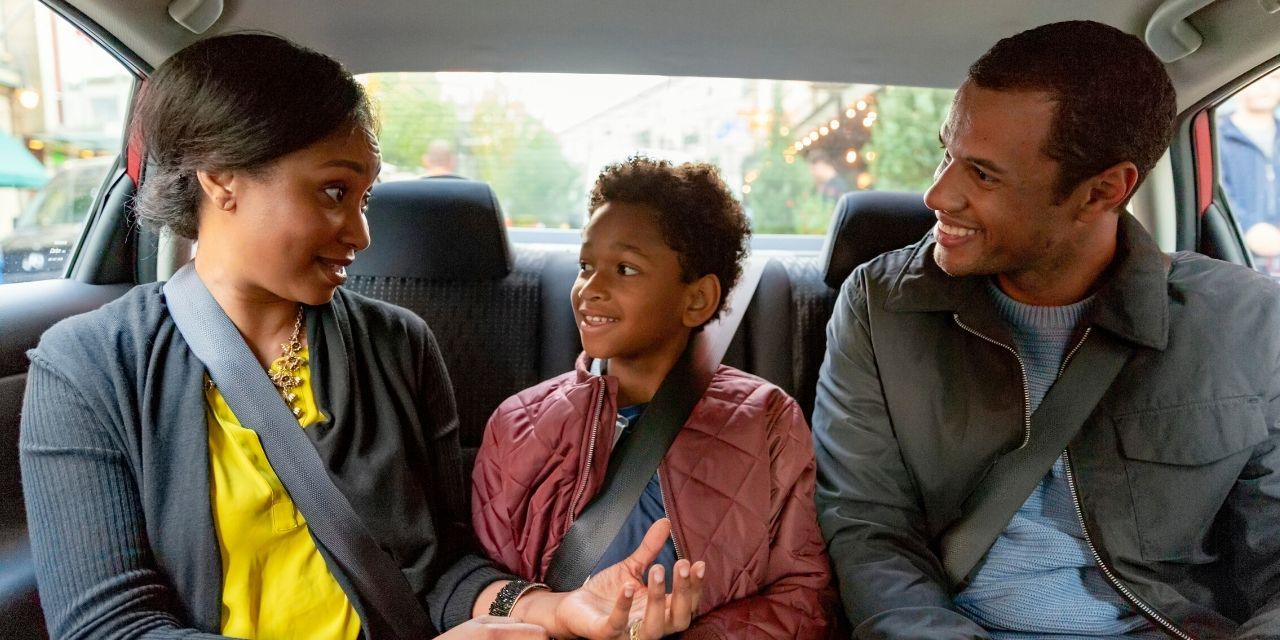Safety with ride hailing services in Africa

Amazingly, everyone is getting thrilled about the advent of technology leading to startups such as online marketplaces, fintech and also ride-hailing services in Africa.
In Nigeria for instance, in major cities like Lagos, Abuja, Ibadan, people are excited and caught up in the frenzy of ride-hailing services, “Oh yeah! Oride is affordable, Uber is classy, Bolt (Taxify) is just bae and Solride has just arrived!” and while they get excited and are carried away by the comfort it comes with, our local transport workers are displeased even as they daily lose their passengers to these ride-hailing service providers. But then everyone wants comfort, yeah?
Ouut Africa conducted a survey last week examining how safe ride-hailing companies are? The survey was conducted based on the records from The New York Times on how in the United State, Uber recorded 3,045 sexual assaults during its rides in 2018 with nine people murdered and 58 killed in crashes.
Even though in Africa, we may not have recorded such a large number of similar cases yet, it is pertinent that questions are being raised regarding safety with respect to ride-hailing services. Even as there have been a plethora of such incidences with our local transport system services.
So in regard to this background, opinions were sampled. Based on findings, out of the 12 people who responded to the questionnaire, 16.7% require the ride-hailing services very often.

Convenience, quick and responsible driving, fast transportation, punctuality, safety, excellent services, comfort, and efficiency are the popular expectations people have while demanding ride-hailing services and based on our survey, only 25% get maximum satisfaction.
With respect to safety measures, 50% of users cannot tell if ride-hailing services have good safety measures, 58.3% do not think ride-hailing services have integrated measures to protect clients against sexual assaults and 91.7% agree that there could be possibilities of sexual assaults with ride-hailing services.
So here we have it! The questions raised include, “is there a protection right? What are the measures passengers can take perhaps such incidence arises? Is there an emergency number to dial? On the company’s part, are there a proper criterion for recruiting riders? Is a tracking system implemented to cater for such possibilities?”
These and more are the questions that need to be answered. Still, via the survey, possible measures were proffered that could inhibit sexual assaults and these include; proper security consciousness, having a panic button on a dashboard, having access to full information of the designated driver, a feedback review via an application after each ride, real-time response to clients’ complaints, having cameras installed for records.
The good news is that just as passengers are concerned so also are the ride-hailing companies.
Uber has announced yesterday their intention to roll out three safety features in India. These features include an intervention from Uber when there is a long unplanned stop in a ride, the introduction of a four-digit authentication code to ensure a passenger is getting in the right car and the third feature which is still in the testing phase is allowing riders and drivers record their entire trip and send it to the company if they are feeling uncomfortable.
This is a good innovation that African ride-hailing services startups can take cues from to ensure safety is assured not just for passengers but also for the riders themselves.